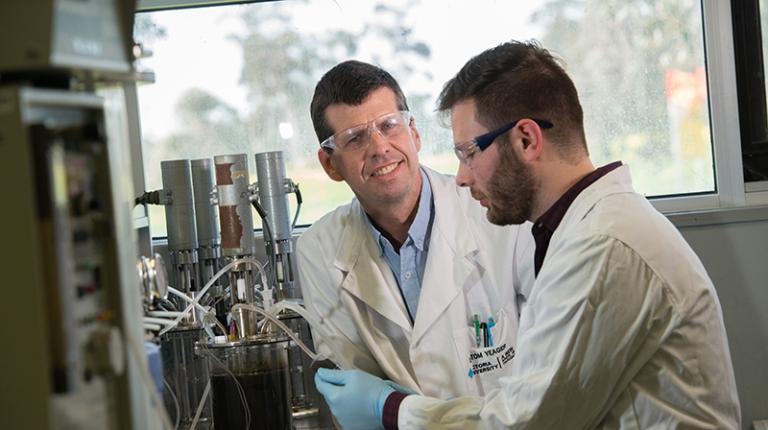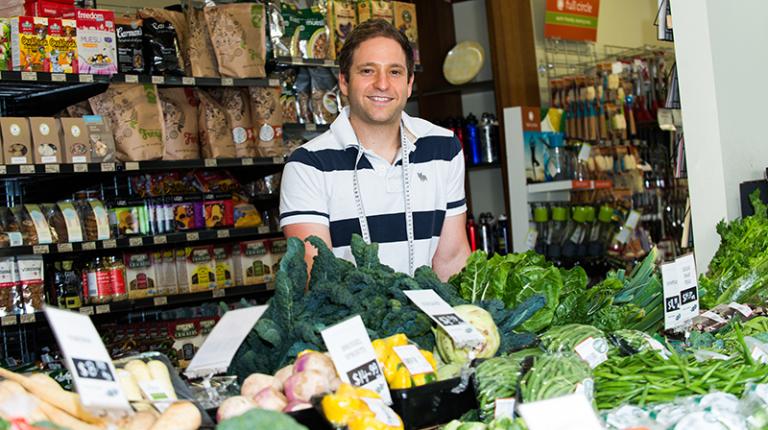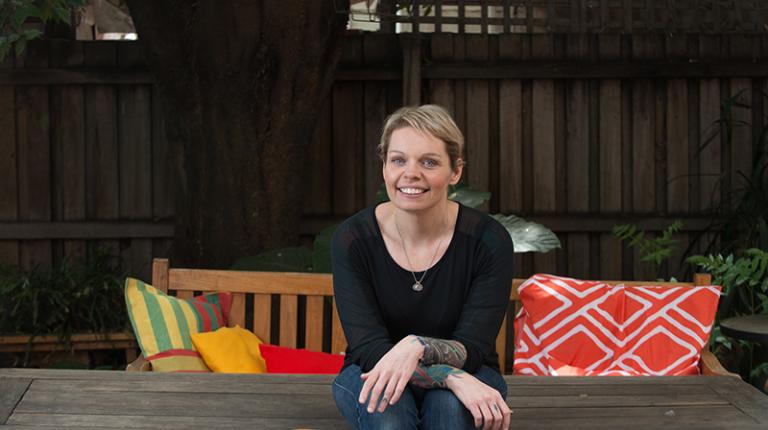In order to manage livestock in rangelands sustainably we need to understand the interaction between grazing activity, plant growth (biomass) and levels of rainfall (precipitation). As yet there is not a full understanding of how levels of rainfall work to promote plant growth in grazed areas. This study in the Mongolian rangelands, involved Neil Collier from the Institute of Health and Sport, and a team of German researchers. Using biomass data from a 600km-long region with a gradient of precipitation, the research team sought to determine the level of grazing intensity, plant diversity and rainfall interact for plant growth. The study concluded that biomass production in drylands is more vulnerable to changes in precipitation variability, but areas benefitted when there was higher diversity of plants. Management of rangelands needs to address rainfall variability preserving the positive effects of biodiversity for biomass production.
The rise of antibiotic resistance by bacteria has necessitated the need for alternative ways of preventing and controlling infections. Kefir is an acidic and low-alcoholic beverage produced by fermentation of milk, fruit juice or sugary water with kefir grains. Kefir offers an alternative form of protection against bacterial infections. The Advanced Food Systems team with doctorate candidate Abraham Majak Gut reviewed the studies of kefir showing it destroys bacterial pathogens by destabilising the cell membrane, cell lysis, degradation of nucleic acid, inhibition of protein synthesis and binding onto yeasts. Kefir also offers a range of additional health benefits from improving the condition of the digestive tract.
The team conducted further studies of the prophylactic and therapeutic properties of kefir, to establish the potential uses of kefir and the mechanisms by which it worked to destroy bacterial contaminants. The antibacterial potential of kefir proved effective at eradicating Salmonella infections, and further established that the high levels of lactic acid is a key mechanism in destroying the bacteria and is probably assisted by the presence of other metabolites. Additional comprehensive studies are needed to fully understand the potential benefits and antimicrobial properties of kefir.
Dairy processing of milk and milk products needs to look at the effect of heating or pressurisation to ensure a minimal loss of nutrients or other types of adverse effects on product usage or spoilage. The Advanced Food Systems team joined with Macedonian researcher Biljana Trajkovska to look at the effects of pressurising and heating during processing of milk and milk concentrates. The study observed substantial loss of the milk structures when using pressurisation which needs to be considered in designing dairy processing systems.











